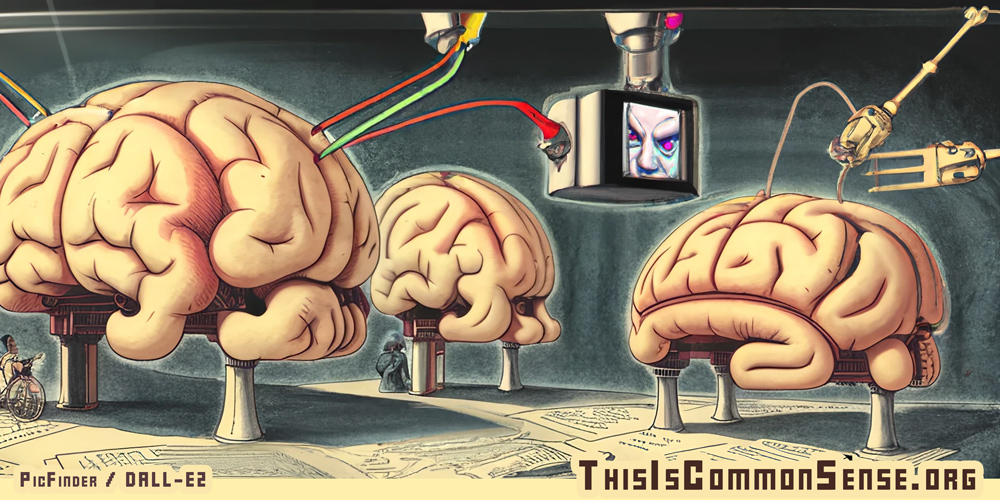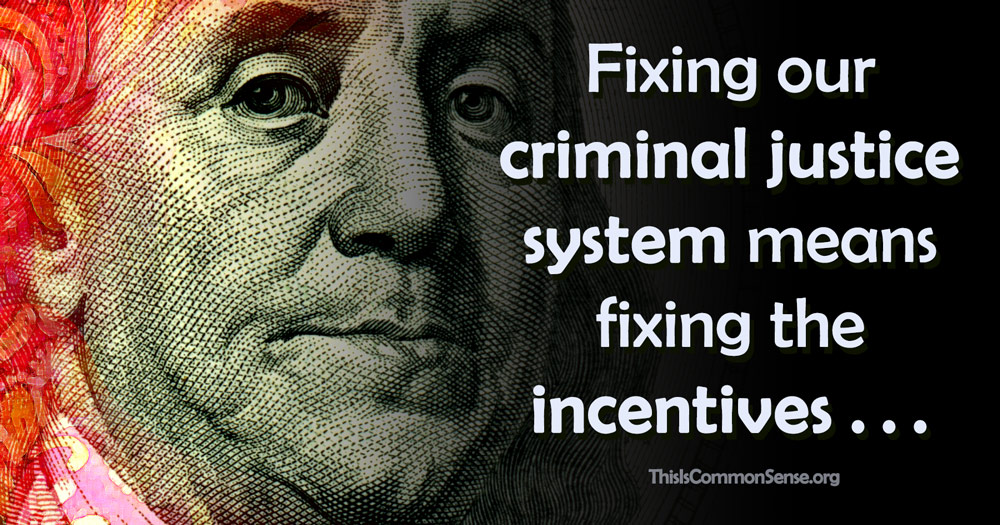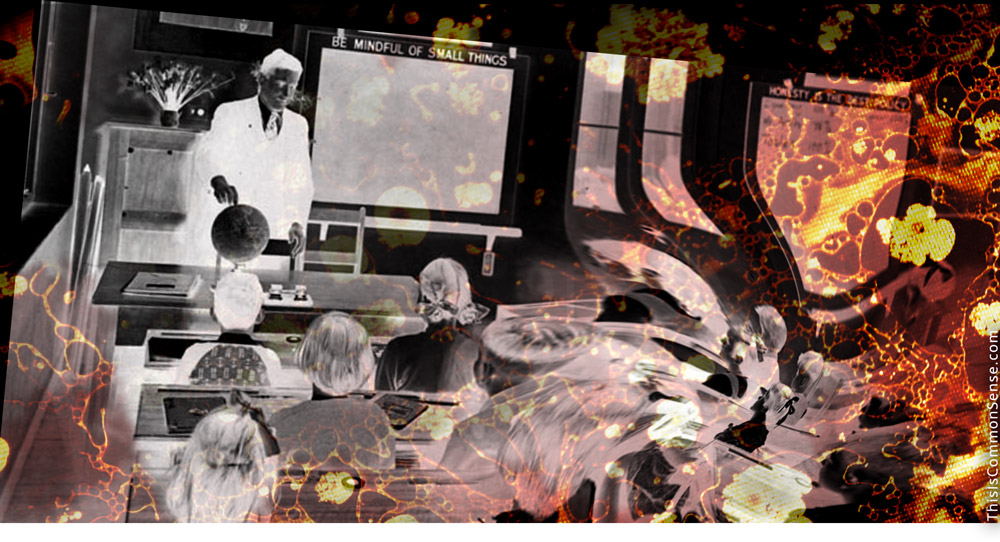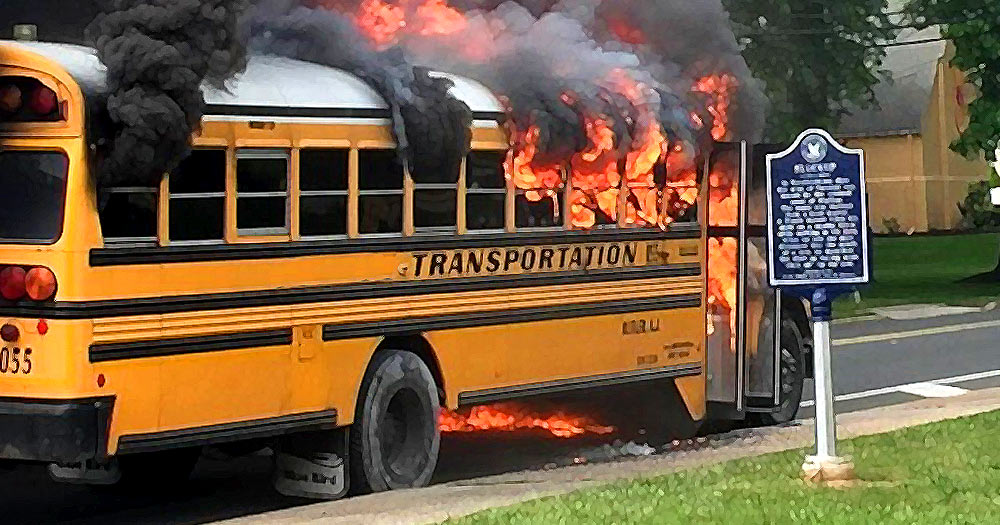When it’s time to go home, the circus manager has a trick up his sleeve, just to get people off the property: turn off the rides.
The U.S. is something of a circus today, so policymakers may want to take the cue.
This applies especially to illegal immigration on the southern border, which is increasingly being acknowledged as a major problem. While it may be interesting to learn, say, that this past month more Venezuelans than Mexicans were nabbed coming north (and, presumably, more not caught), the big picture truth is that since taking office President Joe Biden has presided over a huge increase in the overall illegal flow of economic migrants.
Switch off the subsidies and surely the rate would go down.
But what are the subsidies?
A recent article in The Epoch Times explains: “Identification cards for illegal immigrants are increasingly being issued by non-government organizations (NGOs) to help [border-crossers] establish a foothold in U.S. cities and access services they can’t get through federal programs.”
The programs are mainly in blue cities and states, and thrive under the imprimatur of DEI: diversity, equity and inclusion programs. Often called “community IDs,” these instruments seemingly out of Monopoly, the board game, “are accepted by police departments, school districts, and food programs” across the country.
What’s worrisome is that “the federal government grants billions of taxpayer funds to NGOs that help illegal immigrants who cannot usually access federal programs such as the Supplemental Nutrition Assistance Program (SNAP) and Children’s Health Insurance Program (CHIP).”
This makes the problem not one of “free immigration” but of subsidized immigration.
And that can, at least theoretically, be much more easily slowed. Stop giving money to NGOs to support this traffic. Existing taxpayers deserve at least that.
This is Common Sense. I’m Paul Jacob.
Illustration created with Midjourney and Firefly
—
See all recent commentary
(simplified and organized)







